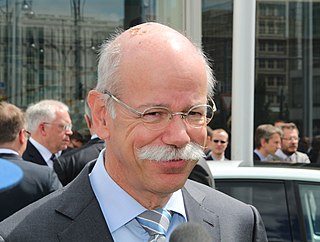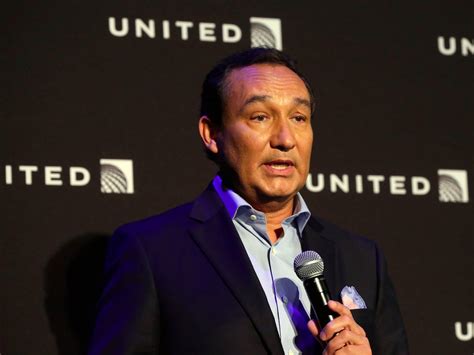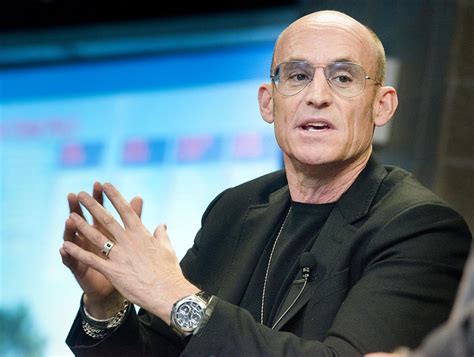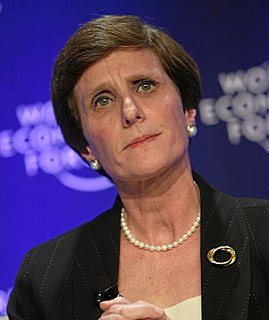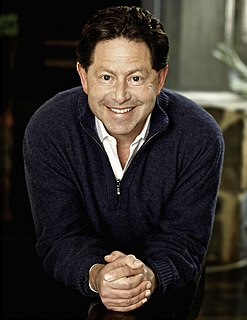A Quote by Dieter Zetsche
DaimlerChrysler made significant progress in the year 2005, but our earnings are still not where we want them to be. We intend to grow profitably and to create added value over the long term - for the benefit of our customers, employees and shareholders.
Related Quotes
Our progress isn't just limited to the operation. Financially, we have been performing well. United's 2015 earnings were one of the best in the company's history, and we made significant progress shrinking the margin gap with our closest competitors, strengthening our balance sheet, and returning significant cash to shareholders.
After careful consideration, we have decided that for our next fiscal year, we'll issue guidance on comparable store used unit sales and on earnings per share only for the full fiscal year. We will no longer issue quarterly guidance. This decision reflects our continuing focus on longer-term store, sales, and earnings growth and on return on invested capital, and our recognition that the performance in shorter-term periods can be more volatile than over the longer term. As we report our quarterly results, we plan to comment on how our performance is tracking against our annual guidance.
We want to be inclusive. We want to have our shareholders, our employees, our customers, whether they are Democrat, Republican, Green or Libertarian, to feel comfortable with how we're doing business. And so that tends to be apolitical. People say, 'No, no, I just simply shouldn't get involved in politics.'
Being captive to quarterly earnings isn't consistent with long-term value creation. This pressure and the short term focus of equity markets make it difficult for a public company to invest for long-term success, and tend to force company leaders to sacrifice long-term results to protect current earnings.
Some good employers provide people benefits. Many do not. The ones that do not tend to be the low end of the pay scale. This program will give those employers a way to support their employees. The employees will get this benefit, making it more likely that their employee will come back to them - that's a benefit for the employer over the long term and a benefit for the employee and all the while supporting families in their time of need.
We met financial expectations for the quarter in a difficult economic environment. We also signed a two-year programming agreement with Home & Garden Television to launch two new cable television series, and launched the Martha Stewart Kids magazine These initiatives provide future revenue and earnings growth for the brand and build long-term value for shareholders.
To build and sustain brands people love and trust, one must focus-not only on today but also on tomorrow. It's not easy...but balancing the short and long term is key to delivering sustainable, profitable growth-growth that is good for our shareholders but also good for our consumers, our employees, our business partners, the communities where we live and work, and the planet we inhabit
There are two reasons [ business people are not publicly anti-Donald Trump ], one is well-intentioned, which is the classic kind of American notion. We want to be inclusive, we want to have our shareholders, our employees, our customers, whether they are Democrat, Republican, Green or Libertarian, to feel comfortable with how we're doing business. And so that tends to be apolitical. People say, "No, no, I just simply shouldn't get involved in politics."
